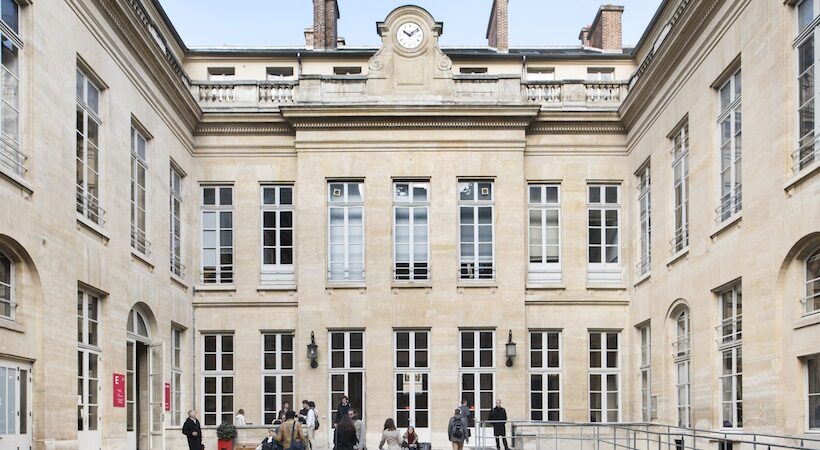The field of journalism is rapidly evolving. With the advent of digital media, the internet and the slow but insistent push of globalization, journalism has become truly global. Techniques, methods and the focus of journalism are changing constantly. It has become impossible for students to ignore this global trend.
To respond to these changes, Sciences Po and Columbia have introduced an international master’s programme in journalism. Started in 2008, it has become a flagship programme for students of journalism around the world. Sciences Po or the Paris Institute of Political Studies is a premier institute of France and ranks 2nd in the QS world rankings in Political Science. Started in 1872, the institute offers expertise and academic rigor on par with the best institutions in the world. Columbia University is a private Ivy League research university in New York City. Established in 1754, the university is ranked amongst the best institutions in the world. The university has produced 4 US presidents, 96 Nobel Laureates and 125 Pulitzer prize winners and provides an excellent opportunity for students to pursue journalism.
The dual degree program thus becomes a major opportunity for students of journalism and the duration of the same is two years. Offered to 5 students from Columbia and 5 at Sciences Po, the programme provides two master’s degree from respective colleges. Students can either spend a year first at Columbia and then at Sciences Po in Paris or vice versa. The courses are tailored in French as well as English but the students are advised to take French classes offered by Sciences Po while in France. Although it is recommended but not compulsory to have a B1 level in French to be able to read news in French. The students will get access to highly renowned professors and journalists in France and the United States of America.
The programme aims to prepare students to deal with the rapid changes in the field of journalism and to introduce students to all types of media standards and methods, be they French, Anglo-Saxon or European. The students are taught to master journalism in two languages and are allowed to learn from this worldwide training. Both institutions work together to offer students a practical approach to journalism as well as imparts high-quality training through journalists, key players on the international scene, and University teachers. Students are trained to enter national and international newsrooms on a “globalized” labor market. During the programme, the students are considered part of both the institutions and are awarded two master’s degrees.
For further information on the dual degree programme, click here.



















